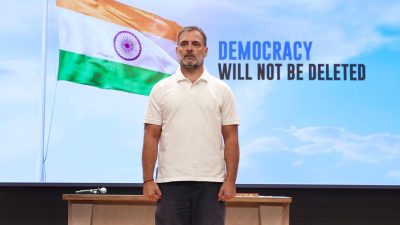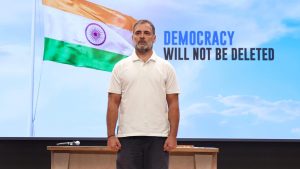Tiananmen’s Zhao, ahead of his time, dies at 85
Zhao Ziyang, former general secretary of China’s Communist Party who was stripped of power for supporting students during their 1989 pr...

Zhao Ziyang, former general secretary of China’s Communist Party who was stripped of power for supporting students during their 1989 pro-democracy Tiananmen Square protests, died in a Beijing hospital on Monday, his family said. He was 85, and had been in a coma since Friday after suffering a series of strokes.
For the past 15 years, Zhao had lived under house arrest not far from the government offices where he once led China.
During his long confinement, he had become a powerful symbol for those Chinese who believe the government must reassess its bloody crackdown at Tiananmen. He blamed top leaders for ordering the military assault, and he refused to embrace the official line that the demonstrations had been a ‘‘counter-revolutionary rebellion.’’
In what would be his last public appearance, Zhao visited students at Tiananmen on May 19, 1989. He pleaded with them to leave, apologised for having arrived ‘‘too late,’’ and warned that the authorities were planning to remove them. It is now clear that Zhao made the visit directly after being fired by China’s Politburo.
Martial law was announced the next day in a prelude to the crackdown on June 3-4, when soldiers fired on protesters throughout Beijing, killing hundreds, possibly more. Zhao’s visit to Tiananmen was also notable for the dazed-looking aide, captured in a famous photograph, who accompanied him: Wen Jiabao, now China’s prime minister.
Zhao’s role at Tiananmen came to overshadow his other legacy as a principal architect of the sweeping economic changes that began in the 1980s under Deng Xiaoping, then China’s paramount leader.
‘‘Deng Xiaoping’s entire economic package, a good part of it, was really Zhao Ziyang’s brainchild,’’ said David Shambaugh, who wrote a 1984 biography of Zhao.
‘‘In coastal development, agriculture, price reform and industrial reform, those were Zhao’s ideas. Deng got the credit, but they were Zhao’s ideas.’’
— New York Times





- 01
- 02
- 03
- 04
- 05


























